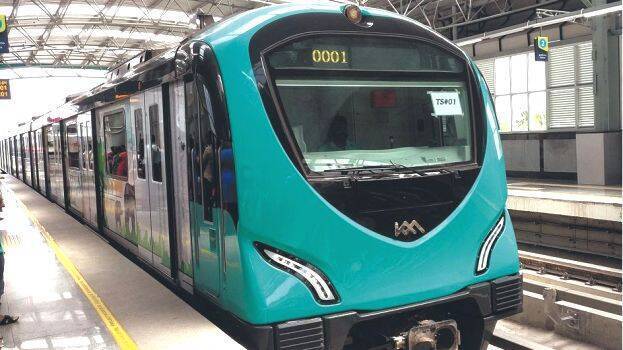

The Kochi Metro, under the leadership of DMRC and Metroman E Sreedharan achieved completion in record time transforming urban transport and attracting ten crore passengers within six years gradually becoming the preferred mode of travel in Kochi, the state's busiest city. However, the long-pending Thiruvananthapuram Metro project initially envisioned to connect Pallipuram to Karamana at an estimated cost of Rs 4673 crore for Phase 1, remains stagnant in its conceptual stage, failing to move beyond paperwork.
Encouragingly, discussions have emerged about a revised Thiruvananthapuram Metro plan that includes the airport. This updated proposal outlines a route from Pallipuram traversing Kariyavattam, Srikariyam, Kesavadasapuram, Pattam, Secretariat, Thambanoor and concluding at Karamana with future prospects of extension to Neyyattinkara. The focus of this renewed plan is to ensure swift access between the airport, bus station and railway station at Thampanoor.
Recent announcements by Loknath Bahra, Kochi Metro MD indicate an upcoming project document promising a rapid two-year completion timeline. Additionally, the central government's ambitious metro expansion initiative encompassing fifty cities nationwide encompasses Thiruvananthapuram recognizing its significance as the state capital.
Metro systems, like the Kochi Metro play a pivotal role in mitigating traffic congestion by offering reliable transportation, reducing reliance on private vehicles. Discussions about constructing a potential metro line along the Kazhakootam – Karode bypass are also underway presenting an alternative commuting solution.
Efforts to advance efficient public transport systems such as metros remain crucial in alleviating traffic issues and ensuring dependable commuting options for travelers. The realization of Thiruvananthapuram's metro aspirations demands collaborative efforts from government and public representatives to transform these plans into reality.